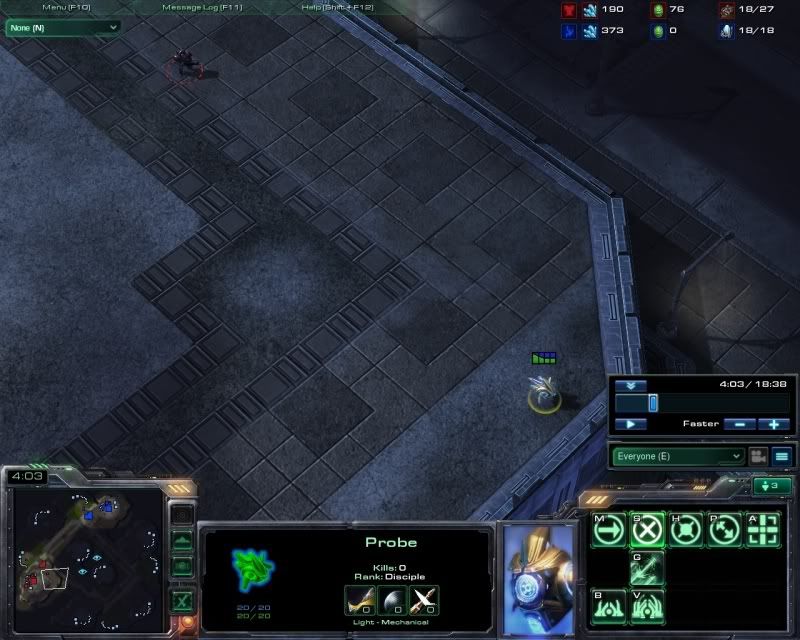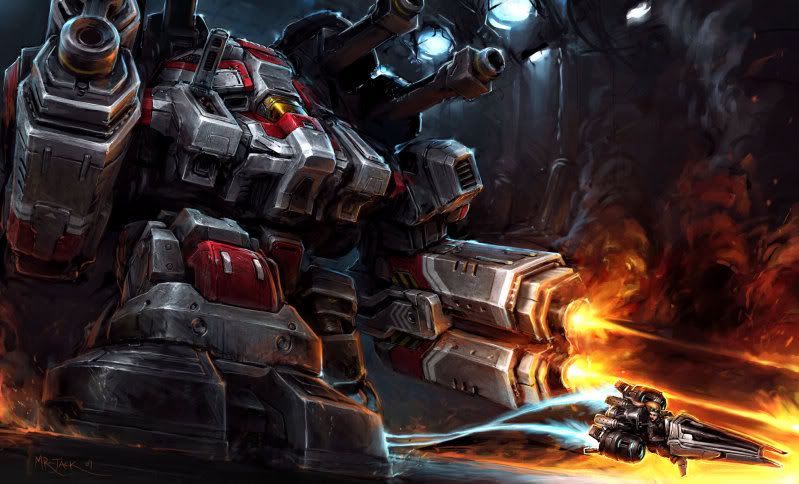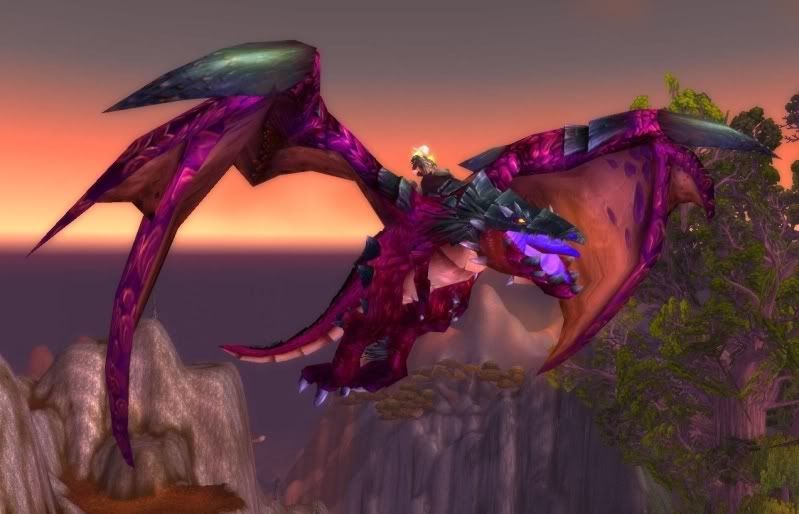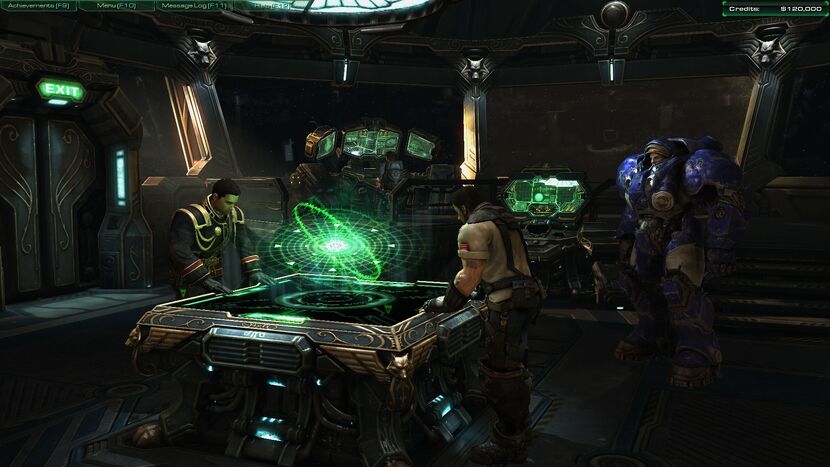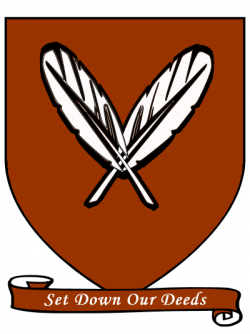
Please note: All characters, locations and events are copyright George RR Martin and the events that take place during this tale can and will deviate from series canon.
Now that I have time where I am not on the road or dealing with immediate threats, it occurs to me I should put down some record of my thoughts and travels. I know I am a bastard. I know that my account may not matter to many or amount to much in any end equation. Yet I still feel compelled to put ink to paper in the form of some record of this journey I find myself upon. Maybe some future bastard staring down a life of derision and bleak prospects will find something of use in these words.
My name is Cadmon Storm. My mother is Rhiannon Penrose, a serving girl at Storm’s End. She did not tell me, during my childhood years, who my father is. I learned later that she wished me to grow up free of expectation or ambition, to have as normal a childhood as possible. But given that I was born a few short years before Robert’s Rebellion, my childhood is not what anyone would consider ‘normal.’
Few children wished to associate with me of their own will. They kept to themselves, to lessons with the maester and the septons. I found myself the unwilling recipient of several beatings by my peers, I’m assuming under the guise of learning my place as a bastard in a great House. I often would sneak free of the castle to wander amongst the villagers, and then down to the docks not far from Storm’s End. The salty folk who made their living there had much more tolerance for a bastard and I found myself spending more and more time there.
I had gotten into the habit of learning all I could. My mother encouraged this, always sneaking a little food from the kitchens for when I returned from my wanderings. Despite not having the focused instruction of the trueborn children of Storm’s End, I picked up a few things on life at court, the lot of servants and the trades of the sea. I watched the swordplay in secret by day, and practiced down by the waters of the Narrow Sea at night. One of these practice sessions lead to what was the first pivotal moment of my young life.
I’d found a broken oar handle, just long enough for my little hands to grip and swing properly. I was six, maybe seven. I’d paused in my usual trek down to the docks to practice what I’d seen the previous day on a sturdy oak not far off the road. One could see Storm’s End from the docks and vice versa, so it wasn’t uncommon for the children of the servants in the castle to run errands while the servants worked. One of those children, a girl with two or three name days on me, was coming up from the docks with a basket of onions. A boy older than us both was walking down from the castle, wearing the azure & sable colors of House Trant. He was looking up at the trees and the girl was minding her basket, which is how they collided.
“Clumsy idiot!” The boy was spitting leaves as he got to his feet.
“I’m so sorry!” The girl scrambled, trying to collect all of the spilled onions.
“You’ve struck the son of a noble house! Do you know what that means? My father is going to flog you within an inch of your life!”
He seized her arm and she gasped in pain. One of her onions rolled up against my foot. I bent and picked it up with my left hand, the oar handle in my right. I may have been a boy, but even then I knew right from wrong. And letting this pompous wet-nosed ass harm an innocent if somewhat clumsy girl was wrong.
“Let her go.”
They both turned and stared at me and the boy just squeezed her harder.
“I know you. You’re that bastard boy who’s always skulking around. Go back to the woods, bastard, before I have my father flog you too.”
“He’s not here.”
He blinked at me. “What?”
“Your father isn’t here. Neither is mine. We’re both bastards out here.”
He spat, releasing the girl to draw a dagger from his belt. In his hand it was nearly a shortsword. “You take that back!”
I raised my ‘sword’ the way I’d seen them do in the courtyard a hundred times. “Make me.”
The girl, grasping onto a modicum of sense, grabbed her basket of onions and ran. The boy snarled and lunged at me. I backed up, moving to one side. He followed me and kept trying to stick me with his knife. It was on his seventh attack that it occurred to me that I’d seen this, too. One boy lunged, the other stepped to one side and hit them. Once an instructor had aimed his blow at the oncoming sword-arm, to knock the blade away. I did the same, bringing my oar handle down with both hands. The boy made a very unmanly shrieking noise and dropped his dagger, only to swing at me with his free hand. He punched me in the throat and for a moment I was unable to breathe. He jumped on me, forcing me to the ground, and started punching my face.
“STOP!”
The boy didn’t stop. I felt my nose break under his fist. Large hands pulled him away from me. I was helped to my feet, still gripping my makeshift weapon and the girl’s onion. Several men dressed for the sea were trying to make sense of our melee, and one in the middle, wearing a black surcoat and drumming shortened fingers on his crossed arm, had an expression that demanded an explanation.
“He hit me!” The boy was still shrieking. “The bastard hit me!”
“Better me than the girl.” My jaw hurt. Talking hurt. I did it anyway, wiping blood from my face with the back of my right hand. “He was going to have a girl beaten for running into him. He wasn’t watching where he was going.”
“Liar!”
“Enough, both of you.” The man with the shortened hand looked from me to the boy and back again, then over his shoulder at the girl. “I think what we have here is an accident and a misunderstanding. Girl, apologize to the young Trant for running into him.”
“Forgive me.” Her voice was timid, unsure.
“Never!” The boy pulled away from the hands holding him. “You cost me my dagger! It was a gift from my father!”
“This little girl disarmed you?”
“No!” He thrust out his jaw at the man, pointing angrily at me. “The bastard did! He stole my dagger! He’s a thief!”
The man knelt so that he was eye-to-eye with the boy and his voice became more quiet and more menacing. “I know from thievery, boy. If he’d stolen it he’d be away from here as fast as his little legs could carry him. But here he stands.” He glanced at the ground, found the small dagger and handed it to the boy. “I think you’re making a hurricane out of a storm cloud, and what’s more, you’re making a fool of yourself.”
The boy opened his mouth, then closed it again. His fingers tightened around the dagger, holding it close to his chest. He thrust his jaw out again but tears welled in his eyes. “It’s not fair! He’s a bastard! I should be right!”
“Life isn’t fair, boy.”
At that, the trueborn dagger-lover burst into tears and bolted for the castle. The man stood and shook his head, then looked at me. His eyes flicked to the onion in my hand, then the oar handle.
“What’s your name?”
“Cadmon.”
“Well, Cadmon, we’d best do something about that nose. It’ll heal crooked otherwise.”
Before I could protest, he seized the end of my nose with his shortened fingers and tugged it back into place. It hurt so badly I passed out on the spot.
That’s how I met Ser Davos Seaworth.

